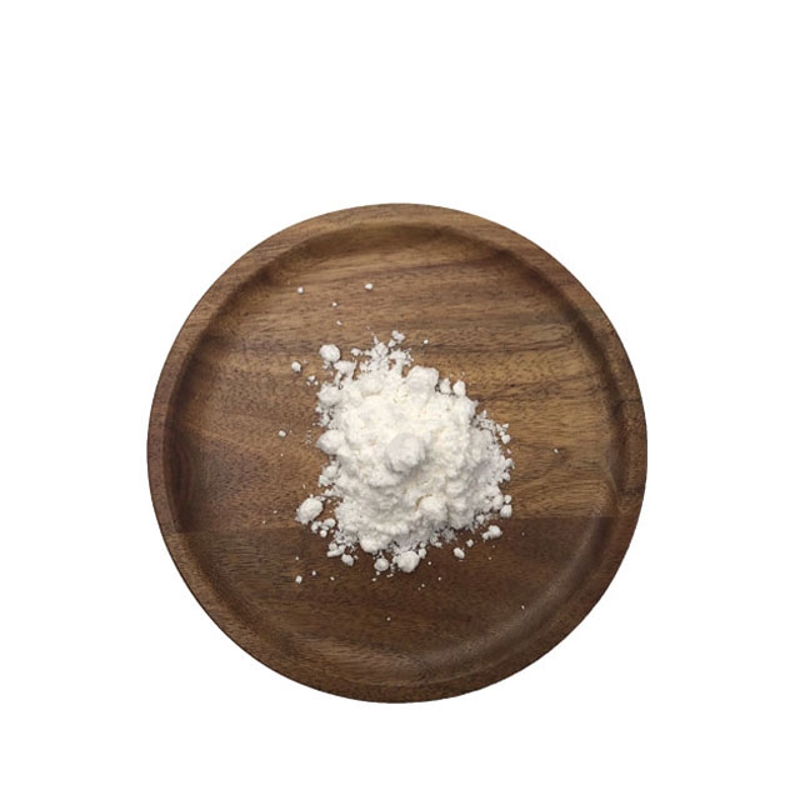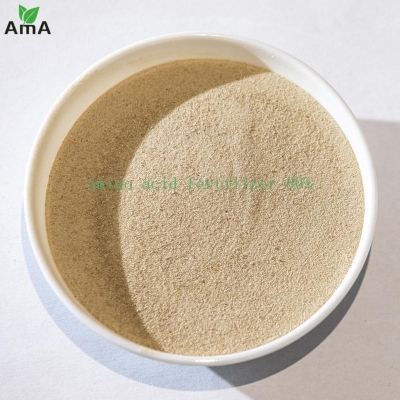-
Categories
-
Pharmaceutical Intermediates
-
Active Pharmaceutical Ingredients
-
Food Additives
- Industrial Coatings
- Agrochemicals
- Dyes and Pigments
- Surfactant
- Flavors and Fragrances
- Chemical Reagents
- Catalyst and Auxiliary
- Natural Products
- Inorganic Chemistry
-
Organic Chemistry
-
Biochemical Engineering
- Analytical Chemistry
- Cosmetic Ingredient
-
Pharmaceutical Intermediates
Promotion
ECHEMI Mall
Wholesale
Weekly Price
Exhibition
News
-
Trade Service
Recently, Bojian’s heavy multiple sclerosis drug " Dimethyl Fumarate Enteric-coated Capsules" has recently obtained approval documents in China
.
Dimethyl fumarate (Tecfidera) is Bojian’s multiple sclerosis drug with the highest sales in the market.
It was originally an industrial raw material for bacteriostasis and mildew resistance, and was later developed by Fumapharm AG for clinical use.
In 2003, Bojian obtained the exclusive worldwide exclusive right of dimethyl fumarate from Fumapharm AG
.
In 2006, Bojian acquired Fumapharm AG at a price of US$220 million and obtained the latter’s dimethyl fumarate (BG-12) and FUMADERM® (an oral enteric-coated tablet containing fumarate, 1994) It is approved in Germany for the treatment of moderate to severe psoriasis vulgaris)
In March 2013, Tecfidera was approved for the treatment of relapsing multiple sclerosis (MS) in the United States, and was approved in Europe in January 2014
.
According to a press release issued by Bojian at the end of 2019, Tecfidera has been approved in 69 countries/regions, and 415,000 patients have received clinical trials or prescription treatments
However, the current mechanism of Tecfidera in the treatment of MS is not completely clear
.
According to reports in the literature, dimethyl fumarate (DMF) and the metabolite monomethyl fumarate (MMF) can activate nuclear factor-related factor 2 (NRF2) pathways in animals and humans, thereby reducing the effects of reactive oxygen species on cells.
According to Bojian's financial report, Tecfidera has created $28.
153 billion in revenue for it
.
With the emergence of patent cliffs and competing products, Tecfidera's sales in 2020 have begun to decline
However, Bojian has launched an upgraded version of Tecfidera, Vumerity, which is a prodrug of monomethyl fumarate (MMF) that can be quickly converted to MMF in the body and has better gastrointestinal tolerance and safety.
It was approved in the U.
S.
in October 2019, with sales reaching $64 million in 2020
.
In China, Tecfidera's listing application was accepted by CDE in February 2020 (the relevant acceptance number is JXHS2000013/14), and was subsequently included in the priority review range
.
In November 2020, the drug was included in the "third batch of clinically needed overseas new drugs" by CDE
Tecfidera was quickly approved in China because NMPA has referenced the data of DEFINE and CONFIRM, its key global Phase III studies
.
The two studies enrolled more than 2600 patients.
The entry of dimethyl fumarate, the domestic MS market may be turbulent
Multiple sclerosis (MS) is a serious, lifelong, progressive, and disabling demyelinating disease of the central nervous system.
It mainly manifests as muscle weakness, fatigue, pain, cognitive impairment and visual problems.
It has become a non-traumatic disability The main reason
.
The patient was called "Puppet Man" because his body gradually hardened
According to the course of the disease, MS is divided into four types, namely relapsing-remitting type (RRMS approximately 85%), secondary progressive type (SPMS), primary progressive type (PPMS approximately 10%) and progressive relapsing type (PRMS approximately 5%) ), 80% of RRMS can be developed into SPMS
.
Disease modification therapy (DMT) is the standard treatment plan for MS patients in remission
DMT changes the process of MS by inhibiting or regulating immune function, mainly exerting anti-inflammatory activity in the recurrence stage of MS, reducing the recurrence rate, reducing the accumulation of MRI damage, and stabilizing, delaying and moderately improving the disability status
.
Currently, the world has more than 20 DMT approved drugs, such as interferon, teriflunomide, Fingolimod, dimethyl fumarate, Sydney Maude, Aozhamode, like Adalimumab Austrian law properly
.
However, currently there are not many DMT drugs approved for the treatment of MS in China
.
In recent years, with the emphasis on rare diseases and the reform of the drug approval system, NMPA has approved 4 DMT drugs, namely teriflunomide, fingolimod, sinimod and dimethyl fumarate
.
In addition to dimethyl fumarate, the other three drugs were successfully shortlisted for the 2020 national medical insurance through medical insurance negotiations
.
However, the approval of the listing of dimethyl fumarate is still expected to compete with the other three drugs in the domestic MS market
.
In addition, Novartis’ ofatumumab has also submitted a domestic marketing application (the relevant acceptance number is JXSS2000049)
.
♦ Teriflunomide is an oral pyrimidine synthase inhibitor and immunomodulator developed by Sanofi.
It mainly prevents the synthesis of pyrimidine in lymphocytes by inhibiting dihydroorotate dehydrogenase.
It was approved in the United States in September 2012.
Approved for the treatment of adult relapsing MS (trade name Aubagio), it was approved in the European Union in September 2013, and its sales in 2020 will reach 2.
045 billion euros
.
♦ Fingolimod and Siniimod are both selective sphingosine 1-phosphate receptor (S1PR) modulators, which bind to S1P1 subtype receptors in lymphocytes to prevent them from entering the central nervous system of MS patients , So as to achieve the effect of inhibiting inflammation
.
Fingolimod was approved by the FDA in September 2010, and its sales in 2020 reached US$3.
003 billion.
Sinimode was approved by the FDA in March 2019, and its sales in 2020 reached US$170 million
.
Chinese pharmaceutical companies are relatively backward in the research and development of MS drugs, but many companies have begun to deploy.
Among them, Haina Pharmaceuticals/Shengshitaike and Chenxin Pharmaceutical have successively submitted applications for the listing of 4 generic drugs for teriflunomide tablets.
Guangdong Dongyang Sunshine Pharmaceutical submitted a listing application for Fingolimod Hydrochloride Capsules
.
In addition, Chinese pharmaceutical companies have independently developed a number of new MS drugs, such as the S1P1 regulator CBP-307 of carnation medicine, Biotech’s CD20 targeting monoclonal antibody BAT-4306F, and the spleen tyrosine kinase (Syk ) Targeted drug HMPL-523
.







